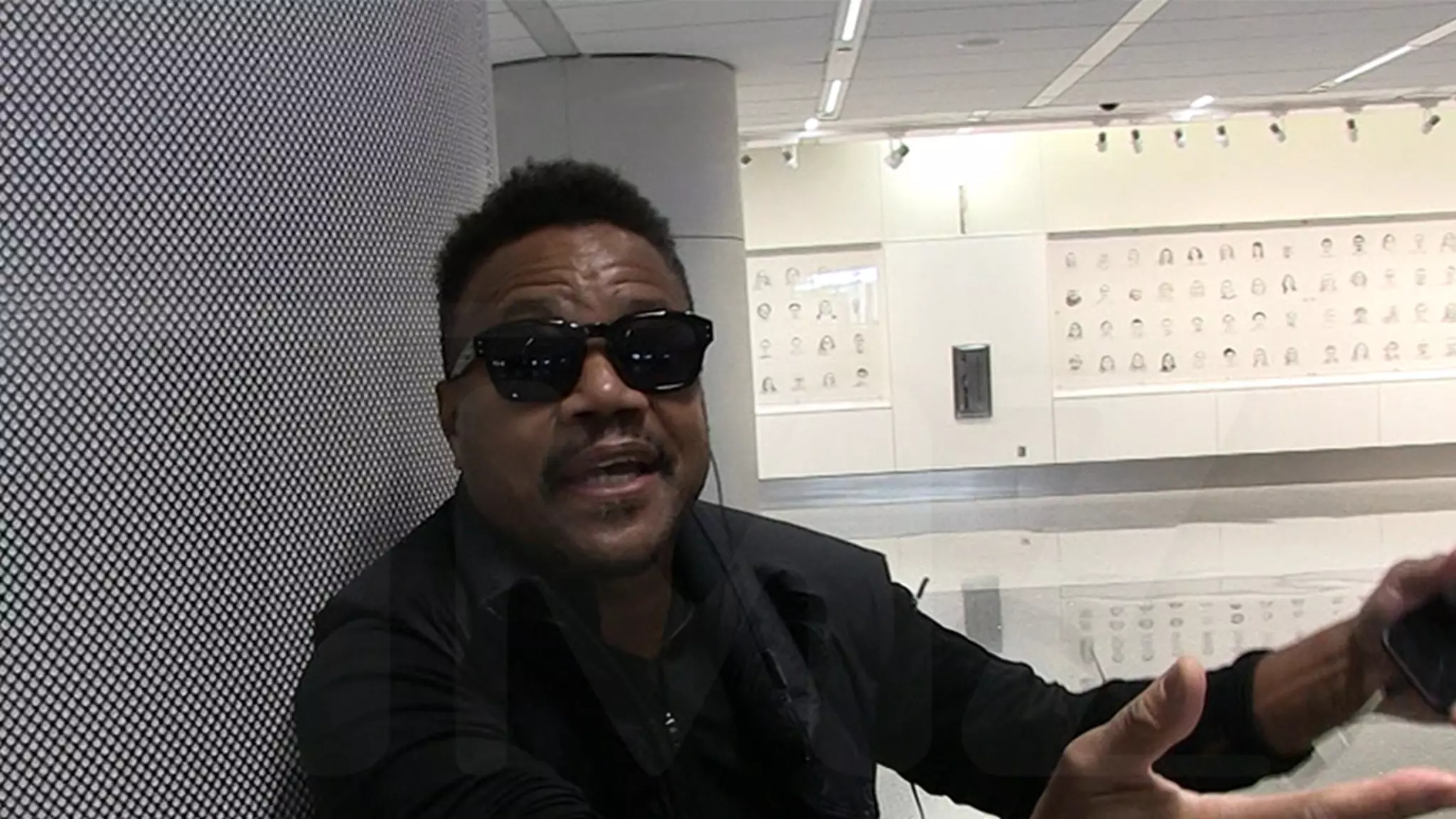Cuba Gooding Jr.’s candid remarks about the potential for conflict between Israel and Iran serve as a wake-up call to our collective conscience. His assertion that war is inherently “ignorant” resonates profoundly, especially in an age where the gruesome reality of conflict is laid bare before us through the omnipresence of the internet. Gooding compels us to reflect on how warfare is not merely a battlefield affair but a catastrophic event that impacts millions of innocent lives often left nameless and faceless in mainstream narratives.
Gone are the days when the portrayal of international adversaries was confined to Hollywood tropes of villains and heroes. The actor emphasizes the shifting lens of perception that we now possess; we are not just passive observers of distant conflicts but witnesses to the human suffering and brutality experienced by everyday people. The stark images emerging from crisis zones today highlight the shared humanity of those struggling against the relentless tide of violence, turning abstract enemies into relatable figures with families, dreams, and aspirations.
The Role of Media in Shaping Perspectives
Gooding’s observations also touch upon the critical role of media in informing public opinion about conflict scenarios. Historically, narratives have been curated to reflect the interests of those in power, often painting entire nations with a broad brush of animosity. However, the torrents of footage and stories now available challenge these oversimplified narratives, weaving a more intricate tapestry of human experience that reminds us of our global interconnectedness.
This evolution in storytelling promotes empathy, urging audiences to recognize that the individuals caught in crossfire are not just collateral damage. Instead, they are daughters, sons, and community members who are linked to us despite geographical boundaries. We’re left with a moral responsibility to engage with these narratives critically and foster a deeper understanding that transcends the binary of good versus evil.
A Call to Action for Global Citizenship
The urgency in Gooding’s message cannot be overstated; choosing to act or remain passive in the face of potential worldwide conflict is a critical decision we must all face. He posits that the specter of war could become a reality if we fail to confront the factors that lead us down that dark path. The implications of such indifference do not just end abroad; the repercussions of conflict resonate in our local communities, ultimately affecting our shared security and stability.
Gooding’s powerful words serve as a reminder that we must cultivate a culture of peace and dialogue over hostility and dominance. As global citizens, it is imperative that we utilize our voices and platforms to advocate for conflict resolution that prioritizes human dignity over political posturing. The responsibility lies with each of us to counter the ignorance of war with informed compassion and understanding.
By reframing our perceptions and fostering a global sense of responsibility, we can actively participate in creating a world where war is not seen as an inevitable solution but rather as an outdated remnant of human ignorance. It is our collective empathy and action that can pave the way for a future free from the devastating consequences of conflict.

